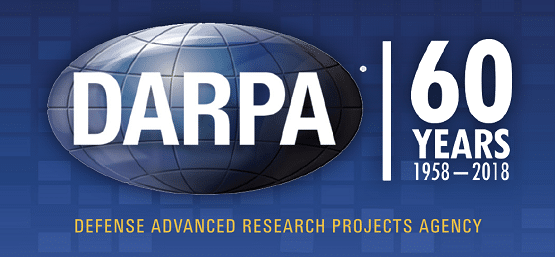Competition aims to harness artificial intelligence for cybersecurity, offers prizes worth $18.5 million.
The White House has unveiled an ambitious initiative that aims to leverage the power of artificial intelligence (AI) in identifying and rectifying vulnerabilities within open source software. This groundbreaking effort, known as the ‘AI Cyber Challenge’ was announced by the Defense Advanced Research Projects Agency (DARPA) on Wednesday, signalling a new chapter in the battle against cyber threats.
The competition, set to be led by DARPA, carries significant incentives for participants. Teams entering the fray will have the opportunity to vie for prizes totalling a staggering $18.5 million. Additionally, the agency has allocated an extra $7 million in prize money specifically for small businesses that choose to partake in the challenge.
Central to the competition’s objectives is the utilisation of AI technology to address software vulnerabilities, with a notable emphasis on open source software. The Biden administration has garnered support from prominent AI industry players, including Anthropic, Google, Microsoft, and OpenAI, all of which have pledged to make their cutting-edge AI technology available for the challenge.
Strategy against cyber supply chain risks
This strategic move by the White House and DARPA comes in response to escalating concerns surrounding cyber supply-chain risk, both within the federal government and the private sector. Highlighting the urgency of the situation, the Office of Management and Budget issued a directive in September, mandating that all software providers self-attest to the security of their products before deploying them on federal agency systems.
The initiative also aligns with the recent commitments made by seven leading AI companies in July, as they signed onto a framework of voluntary pledges brokered by the Biden administration. Meanwhile, lawmakers, including Senate majority leader Chuck Schumer, have been actively engaged in shaping the regulatory landscape for AI technology in the future.
Given the focus on open source software, the Open Source Security Foundation (OpenSSF), a project of the Linux Foundation, will play a pivotal role as a challenge adviser. The collaborative nature of this approach is intended to elevate the security standards of open source software that permeates various sectors of society and the internet.
DARPA Deputy Director Rob McHenry explained, “Because the focus here is on open source software that is critical and used throughout our society and throughout the internet, I would expect that a rising tide lifts all boats here.” McHenry affirmed that the initiative’s impact will extend beyond the federal government, reaching a broader scope.
The AI Cyber Challenge will proceed with a structured timeline. Participating teams will undergo a qualifying event in Spring 2024, with the top 20 scoring teams advancing to the semifinals at DEF CON 2024. From these, up to five teams will receive monetary prizes and move on to the final phase of the competition, scheduled to be held at the annual DEF CON hacker convention in 2025.
In a display of high-level commitment, President Biden’s Chief Science and Technology Adviser Arati Prabhakar will be attending this year’s DEF CON conference in Las Vegas. During the event, she will take part in activities highlighting the Biden administration’s ongoing efforts to foster responsible AI technology development, reinforcing the nation’s resolve to tackle the pressing challenges of cybersecurity in the digital age.










































































